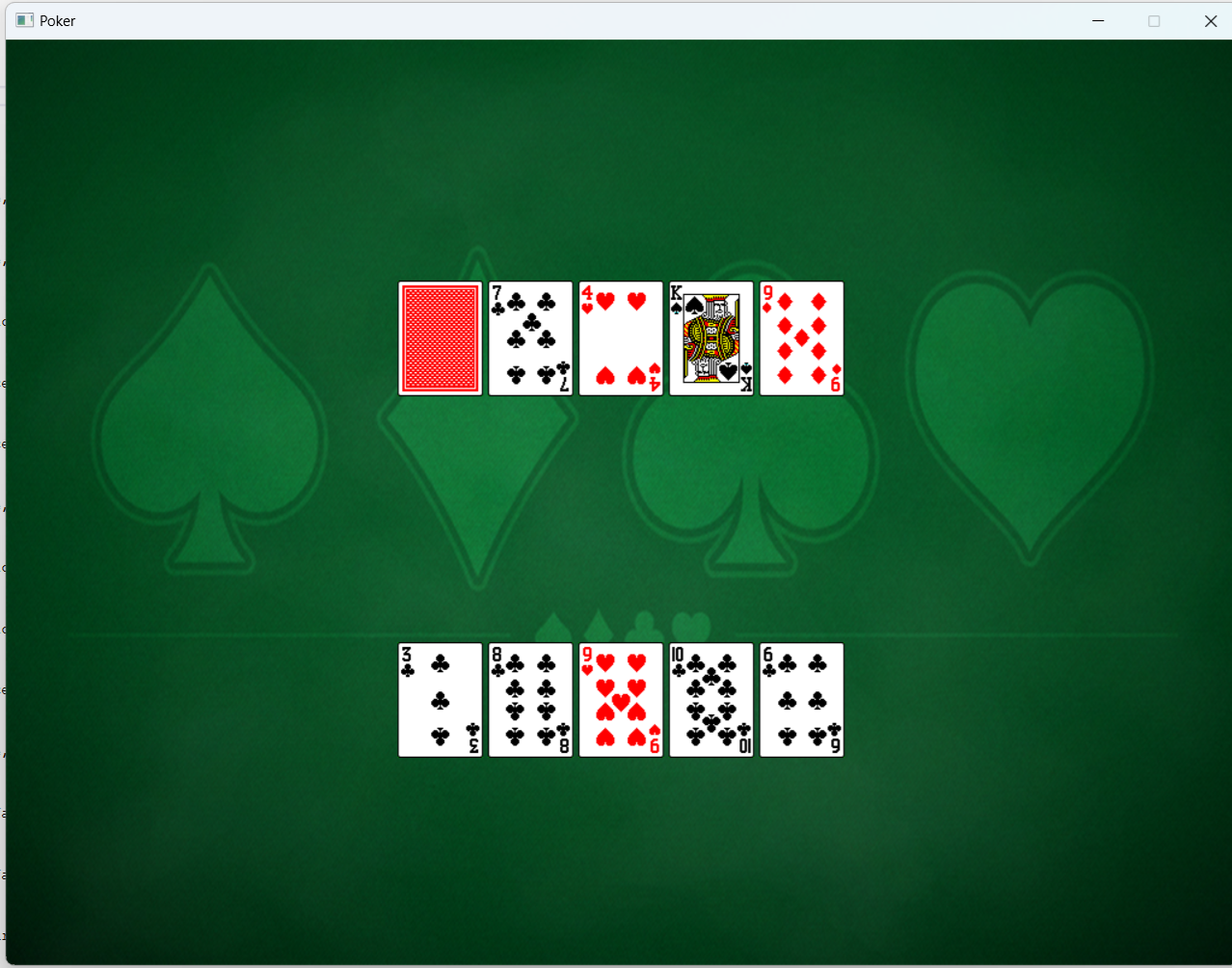should I use a switch statement or a if statement to deal cards to the dealer here is my shuffling code.
int shuffled_state[52];
vector<int> indices =
{ 1, 2, 3, 4, 5, 6, 7, 8, 9,
10, 11, 12, 13, 14, 15, 16, 17, 18, 19,
20, 21, 22, 23, 24, 25, 26, 27, 28, 29, // an ordered int container so we have some data to manipulate
30, 31, 32, 33, 34, 35, 36, 37, 38, 39,
40, 41, 42, 43, 44, 45, 46, 47, 48, 49,
50, 51, 52
};
unsigned seed = chrono::system_clock::now().time_since_epoch().count(); // set up
default_random_engine rng(seed); // simular to srand(0)
shuffle(indices.begin(), indices.end(), rng); // standard library container shuffle (entire deck is mixed up in one line of code)
for (int i = 0; i < 52; ++i)
{
shuffled_state[i]=indices[i]; // demonstrating copy vector content to regular array (optional)
}



